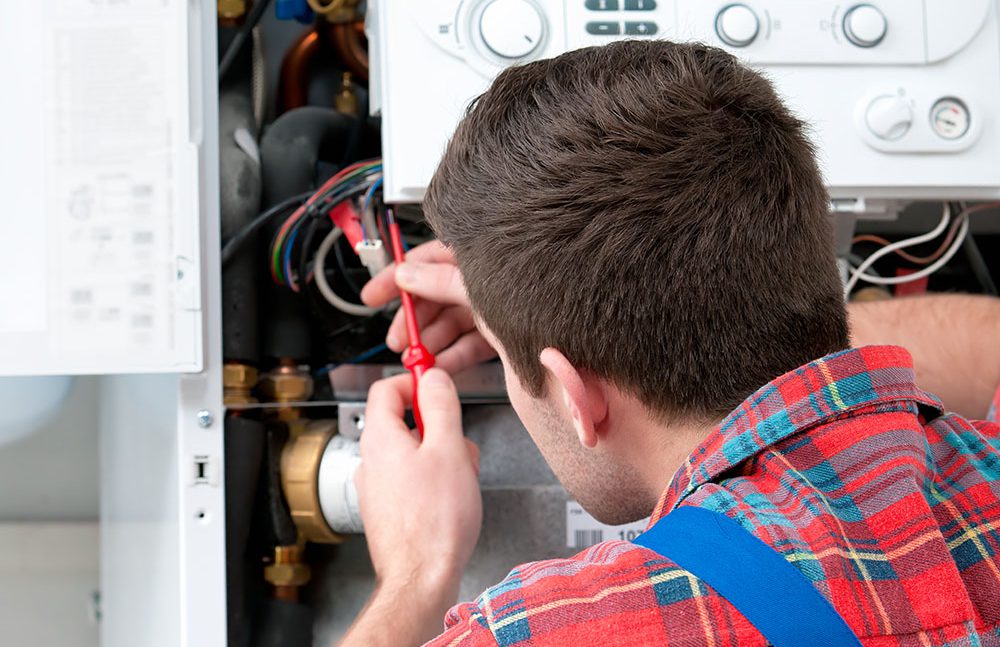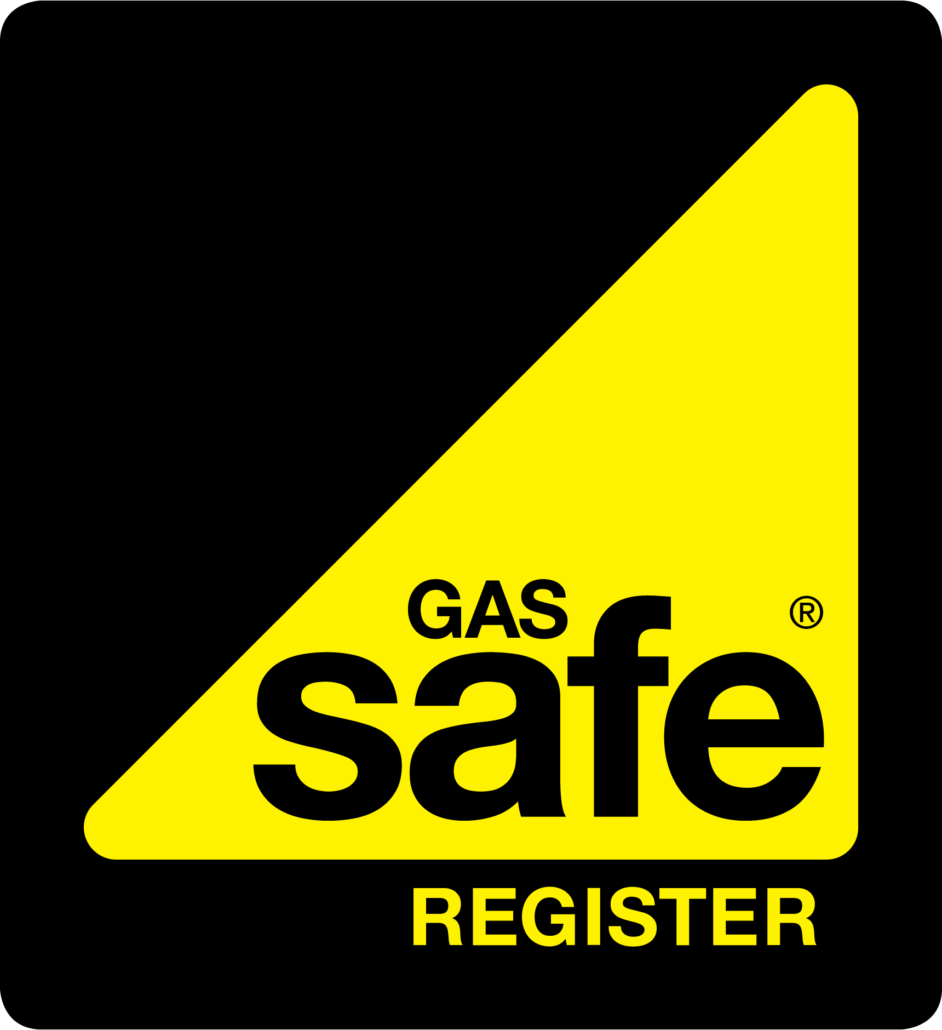Considering having a new boiler installed in your home?
If you’re considering having a new boiler installed in your home, it’s important to make sure you’re making an informed decision. This guide will help you understand the process of installing a new boiler, including what to consider when choosing a boiler, how to find a reputable heating engineer, and what to expect during the installation process. By following these tips, you can ensure that you’re getting the right boiler for your home and that it’s installed safely and properly.
Why boiler efficiency matters

Boiler efficiency matters because it determines how much fuel is needed to heat your home and how much money you’ll spend on heating costs. A more efficient boiler will use less fuel to produce the same amount of heat, which means you’ll save money on your energy bills. Additionally, a more efficient boiler will produce fewer emissions, which is better for the environment and can also improve the air quality in your home.
In addition to saving money on energy bills and reducing your environmental impact, a more efficient boiler can also be more reliable and have a longer lifespan. Because it doesn’t have to work as hard to produce the same amount of heat, a more efficient boiler will be less likely to break down and will require fewer repairs over its lifetime. This can save you money on maintenance and replacement costs, and ensure that your home stays warm and comfortable.
What do boiler efficiency ratings mean?
Boiler efficiency ratings are a way of comparing the efficiency of different boilers. They are typically expressed as a percentage and indicate the amount of fuel that is converted into usable heat. For example, a boiler with an efficiency rating of 90% means that 90% of the fuel it uses is converted into usable heat, while the remaining 10% is lost through the flue or other means.
The higher the efficiency rating, the more efficient the boiler. Boilers with higher efficiency ratings will use less fuel to produce the same amount of heat, which means they will save you money on energy costs. They will also produce fewer emissions, which is better for the environment and can improve the air quality in your home.
The ErP or SEDBUK energy rating systems
The ErP (Energy related Products) and SEDBUK (Seasonal Efficiency of Domestic Boilers in the UK) are both energy rating systems used to compare the efficiency of different boilers. These systems use a standardized test to measure the efficiency of a boiler under different operating conditions, and assign a rating based on the results. The rating is expressed as a percentage and indicates the amount of fuel that is converted into usable heat. The higher the rating, the more efficient the boiler.
The ErP and SEDBUK rating systems are used to help consumers choose more efficient boilers. By looking at the rating of a boiler, you can compare its efficiency to other models and make an informed decision about which one is best for your home. These ratings are also used by manufacturers and retailers to provide consumers with information about the efficiency of their products.
In addition to providing consumers with information about the efficiency of different boilers, the ErP and SEDBUK rating systems also help to encourage manufacturers to produce more efficient products. Because the ratings are widely used and well-known, consumers are more likely to choose boilers with high ratings, which can give manufacturers an incentive to improve the efficiency of their products. This can ultimately lead to wider availability of more efficient boilers on the market, which can save consumers money on energy costs and reduce the environmental impact of heating their homes.
What factors are most important to consider when buying a new boiler in the UK
There are several factors to consider when buying a new boiler in the UK, including:
- The size of your home: You’ll need a boiler with enough power to heat your entire home. A smaller boiler may not be able to keep up with your heating needs, while a larger one may be more expensive to operate.
- The type of heating system you have: Different types of boilers are designed to work with different types of heating systems. For example, a combi boiler is a good choice for a home with a small hot water tank, while a regular or system boiler is better for a home with a large hot water tank or multiple bathrooms.
- The fuel type: Most boilers in the UK run on natural gas, but some are designed to work with other fuel types, such as oil or LPG. Consider which fuel type is most readily available and affordable in your area.
- The efficiency rating: The efficiency of a boiler is an important factor to consider because it determines how much fuel the boiler will use to produce heat, and how much it will cost to operate. Look for a boiler with a high-efficiency rating, such as a rating of 90% or higher.
- The warranty: A boiler is a significant investment, so it’s important to choose one that comes with a good warranty. Look for a boiler that comes with a long warranty period, such as 5 years or more, to protect your investment and ensure that you’re covered in case of any boiler problems.
- The price: Finally, consider the price of the boiler and compare it to your budget. Keep in mind that a more efficient boiler may cost more upfront, but it can save you money on energy costs in the long run.
How long does it take to install a new boiler?

The length of time it takes to install a new boiler in the UK will vary depending on a number of factors, such as the type of boiler being installed, the size of your home, and the complexity of the installation. In general, however, it typically takes a few days to install a new boiler.
- On the first day, the old boiler will be removed and any necessary plumbing and electrical work will be done. This may involve draining the old boiler, disconnecting gas and water lines, and installing new pipes and wiring.
- On the second day, the new boiler will be delivered and installed. This typically involves placing the boiler in the designated location, connecting it to the gas and water lines, and making sure it’s properly aligned and secure.
- On the third day, the boiler will be tested to ensure that it’s working properly and that all safety features are functioning correctly. Any necessary adjustments will be made, and the boiler will be set up to work with your heating system.
Do you need a heating engineer to install a new boiler?
Yes, you will need a heating engineer to install a new boiler in the UK. A heating engineer is a professional who is trained and qualified to work with heating and hot water systems, including boilers. They have the knowledge and skills to install a new boiler safely and properly and to make sure it’s operating at peak efficiency.
- A heating engineer will be able to help you choose the right type of boiler for your home, taking into account the size of your home, the type of heating system you have, and your budget.
- They will be able to properly install the new boiler, making sure that all necessary plumbing and electrical work is done correctly and safely.
- They will be able to test the new boiler to ensure that it’s working properly and that all safety features are functioning correctly.
- They will be able to provide ongoing maintenance and support, including regular servicing and repairs, to keep your boiler running efficiently and reliably.
Checking if the heating engineers are Gas Safe

The Gas Safe Register is a UK-wide register of gas engineers who are qualified to work on gas appliances. In the UK, it is illegal for anyone who is not on the Gas Safe Register to work on gas appliances, including boilers.
- To check if a heating engineer is Gas Safe, ask to see their Gas Safe ID card. This will have their name, photograph, and unique licence number on it.
- You can also check the Gas Safe Register website (https://www.gassaferegister.co.uk/) to verify a heating engineer’s licence. Simply enter their licence number, name, or the name of their company, and the website will tell you if they are registered and qualified to work on gas appliances.
- It’s important to make sure that any heating engineer you hire is Gas Safe because working on gas appliances without the proper qualifications can be dangerous. A faulty gas appliance can leak carbon monoxide, which is a deadly gas that can cause illness or even death. By hiring a Gas Safe engineer, you can ensure that your gas appliances are installed and maintained safely.
why you should get at least three quotes
It’s always a good idea to get at least three quotes when you’re looking to have a new boiler installed. This will give you a better idea of the costs involved and help you find the best deal. Here are a few reasons why getting multiple quotes is important:
- It allows you to compare prices: By getting quotes from multiple heating engineers, you can compare the prices they are offering and see which one is the most affordable. This can help you save money on the cost of the installation.
- It helps you find the best deal: By getting quotes from multiple heating engineers, you can compare the services they are offering and see which one is the best value for money. This can help you find a good deal on the installation of your new boiler.
- It allows you to compare the quality of the work: By getting quotes from multiple heating engineers, you can compare the quality of their work and see which one is the most reputable and experienced. This can help you find a heating engineer who will do a good job and make sure your new boiler is installed properly.
- It gives you more bargaining power: By getting multiple quotes, you can use them to negotiate with the heating engineer you choose. For example, if one quote is much higher than the others, you can use the lower quotes to try and get a better deal from the more expensive heating engineer.
In short, getting at least three quotes is a smart way to make sure you’re getting a good deal on the installation of your new boiler. It can save you money, help you find a reputable heating engineer, and ensure that your new boiler is installed properly.
Why you should make sure the engineer is insured
It’s important to make sure that the heating engineer you hire is insured because this can protect you in case of any accidents or damage that might occur during the installation of your new boiler. Here are a few reasons why you should make sure the engineer is insured:
- It protects you from financial losses: If the heating engineer causes any damage to your home or belongings while installing the new boiler, their insurance will cover the cost of repairing or replacing the damaged items. This can save you money and protect you from financial losses.
- It protects you from legal liabilities: If the heating engineer is injured while working on your boiler, their insurance will cover their medical expenses and any lost wages. This can protect you from legal liabilities because you won’t be responsible for paying for their medical expenses or lost wages.
- It shows that the engineer is professional and reputable: A heating engineer who is insured is more likely to be professional and reputable. This is because having insurance requires them to follow certain safety guidelines and standards, and it shows that they are serious about their work and the safety of their clients.
- It gives you peace of mind: Knowing that the heating engineer you hire is insured can give you peace of mind because you know that you’re protected in case of any accidents or damage that might occur during the installation of your new boiler.
In short, making sure that the heating engineer you hire is insured is important because it can protect you from financial losses, legal liabilities, and other potential problems that might arise during the installation of your new boiler. It’s a smart way to make sure you’re covered and that the installation of your new boiler goes smoothly.
In conclusion, having a new boiler installed in your home is a significant decision that can have a big impact on your energy costs and your comfort. By following the tips in this guide, you can make sure you’re choosing the right boiler for your home, finding a reputable heating engineer, and preparing for the installation process. By taking the time to research your options and make an informed decision, you can ensure that your new boiler is installed safely and properly and that it will provide reliable and efficient heat for your home.
For more information on plumbing and heating check out our guide here
